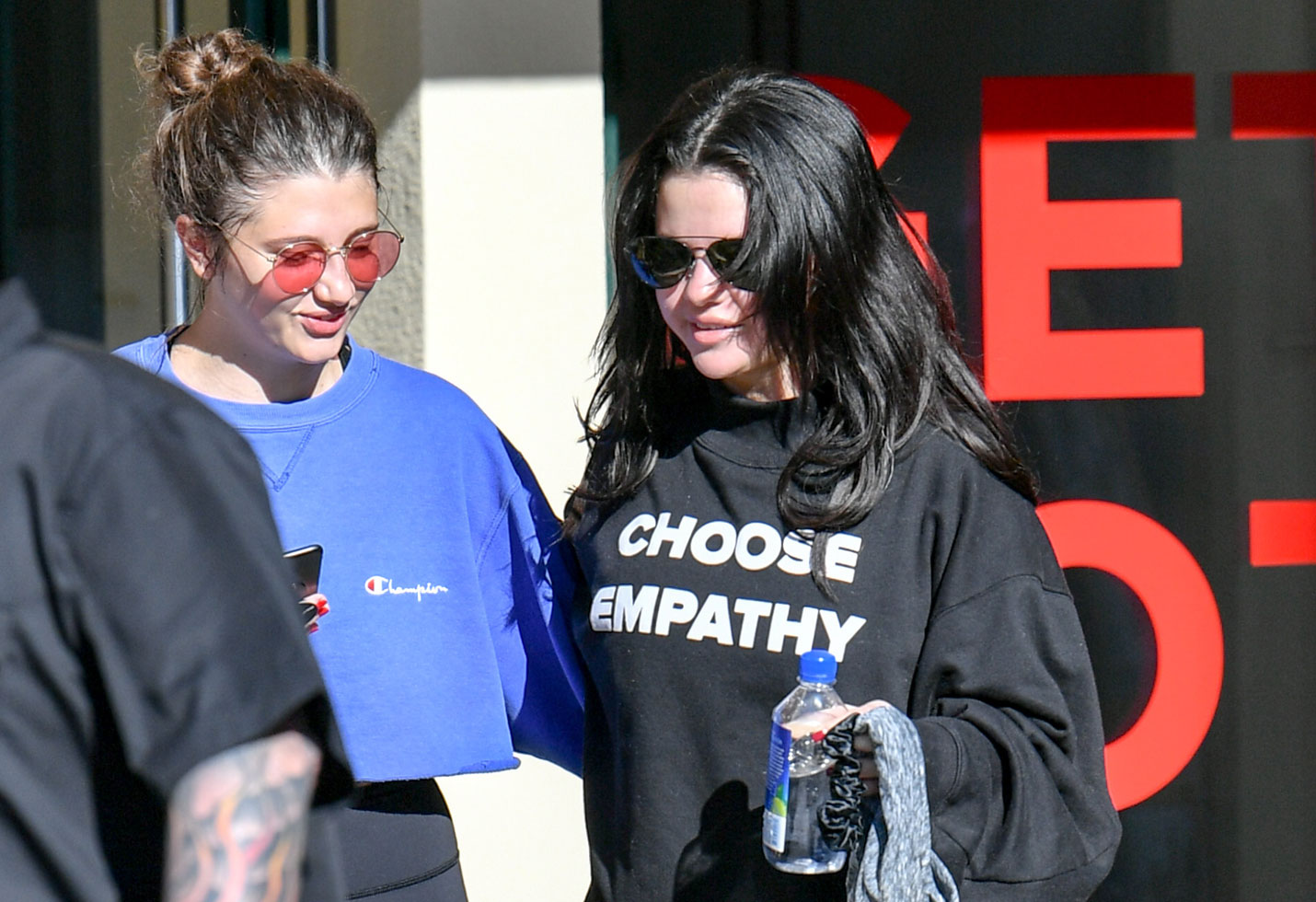As stated under Subsection 150. 01. a. iii. counseling practicum experience rather than job or internship experience will be monitored at a ratio of one (1) hour of supervision for every single 10 (10) hours in the settings. For example: (3-29-12) An individual in a twenty (20) hour per week job/internship who is receiving one (1) hour of private guidance every week would collect one thousand (1,000) supervised hours in fifty (50) weeks to equate to the twenty to one (20/1) ratio.
( 7-1-93) A person in a forty (40) hour per week setting with 2 (2) hours of supervision per week would collect the one thousand (1,000) hours at the twenty to one (20/1) guidance ratio in twenty-five (25) weeks. (7-1-93) Until July 1, 2004, the guidance needs to be provided by an Expert Therapist or a Clinical Expert Counselor accredited by the state of IdahoSupervision by a professional counseling peer, however, may be acceptable to the Board if the peer/supervisory relationship include the exact same controls and treatments expected in an internship setting.
02. a.) For example, the relationship ought to consist of the staffing of cases, the critiquing of therapy tapes and this guidance need to be performed in a formal, professional, constant manner on a frequently set up basis." Students are accountable for guaranteeing a site supervisor is registered with the IBOL prior to accepting a site for practicum or internship.


states and areas where licensure is meant to guarantee that you have the most up-to-date information about licensure requirements and confirm how an ISU program lines up with those requirements. Since requirements may alter during the course of your program of research study, we advise that you check licensing company requirements routinely to keep track of whether any changes may impact your licensure plans.
Students who are preparing to specialize as clinical rehab therapists will demonstrate the expert understanding and abilities essential to deal with a large variety of situations within the clinical rehabilitation counseling context. Counselor education programs with a specialized location in scientific rehabilitation therapy must document where each of the lettered requirements listed below is covered in the curriculum.
e., physical, spiritual, sexual, employment, social, relational, and leisure) transferable skills, practical assessments, and job-related assistances for attaining and maintaining significant employment for individuals with disabilities role of household, social networks, and community in the provision of services for and treatment of people with specials needs ecological, attitudinal, and private barriers for people with disabilities assistive innovation to lower or get rid of barriers and functional constraints legislation and government policy pertinent to rehab therapy cultural aspects relevant to rehab therapy expert concerns that impact rehabilitation therapists, consisting of independent service provider status, expert witness status, forensic rehabilitation, and access to and practice privileges within managed care systems record keeping, 3rd party repayment, and other practice and management concerns in rehabilitation therapy expert companies, preparation standards, and qualifications relevant to the practice of medical rehabilitation counseling legal and ethical factors to consider particular to medical rehabilitation therapy PRACTICE diagnostic interviews, mental status examinations, sign stocks, psychoeducational and personality evaluations, biopsychosocial histories, assessments for treatment planning, and evaluations for assistive technology needs profession- and job-related evaluations, including task analysis, work site adjustment, transferrable abilities analysis, job readiness, and work hardening strategies to advocate for individuals with specials needs methods for interfacing with medical and allied health professionals, including interdisciplinary treatment teams methods to speak with and inform companies, educators, and families concerning accessibility, Americans with Disabilities Act compliance, and lodgings.
Rehabilitation therapy is an occupation that holistically applies therapy skills to assist people with psychiatric, developmental, cognitive, emotional, or handicaps to accomplish their optimum level of self-reliance, combination, and participation in the community and the world of work in accordance with each individual's individual objectives, profession aspirations, and understanding of lifestyle.
Examine This Report about How To Convince Someone To Go To Rehab
Rehab therapy involves eliminating attitudinal and environmental barriers through the use of counseling innovation, advocacy, and support. Mental health therapists supply a range of services that attend to the psychological and psychological wellness of those they serve. The main goal of a psychological health counselor is to direct people towards reaching their mental health goals and maintaining ideal levels of mental wellness.
In all applications, mental health counselors are devoted to developing a safe, encouraging environment for customers to share their thoughts and sensations freely. According to the Bureau of Labor Stats, both rehab therapy and mental health counseling have appealing, faster-than-average job outlooks. The predicted percent change in work from 2016 to 2026 is 13% for rehab counselors and 23% for mental health counselors.
For students who plan to pursue a profession in mental health counseling, the rehabilitation curriculum presents them to accessing neighborhood resources, providing trade assistance, and adopting a holistic view of their clients' lives. For those who plan to operate in rehabilitation therapy, the mental health component of the program teaches methods that will enable them to develop successful healing relationships and connect emotionally with their clients.
There are no specific prerequisite courses or requirements for Substance Abuse Facility the program (how do residential and outpatient rehab programs compare?). People who pursue therapy professions typically have an aptitude towards assisting others and have an awareness of the experiences that people with specials needs face. They are devoted to developing opportunities for people with impairments to improve functioning and pursue goals for work and adult life in the community.
Successful prospects have the ability to use understanding to develop chances for people with disabilities; are non-judgmental and understanding, and hold to ethical perfects that accommodate specific requirements. Being self-aware, organized and a hard worker are likewise valuable qualities. The common size of an inbound class is 25 students. There are 5 long-term professors and six adjunct faculty.
A big component of the program centers around educating clients about maintaining a well-balanced life, so the very same mindset is extended to trainees. Courses consist of various elements consisting of comprehensive projects, immersive experiences, literature evaluations, collective assignments, interprofessional experiences, and, obviously, exams. All elements of the curriculum are actively integrated to teach specific abilities as designated by CORE and CACREP.
Yes, the internship consists of a full-time, 40 hours-per-week placement at a clinical site that matches the student's interests during the spring semester of the 2nd year. In addition, trainees are engaged in a practicum during the fall term of their 2nd year in which they work 8 to 10 hours each week at a designated therapy website as an introduction to real-world counseling experience.
The Basic Principles Of Why Did Selena Go To Rehab
The successful conclusion and defense of a master's thesis, paper, or project is needed as partial satisfaction of the requirements for graduation. The master's thesis is an in-depth research project. If a trainee chooses to complete a master's thesis, they are required to follow the Graduate School thesis requirements, timelines, and guidelines.
The master's paper is an in-depth analysis or comprehensive evaluation of the literature to address particular research study concerns. The master's paper choice does not require the student to perform their own research study. The master's task is an opportunity for trainees to develop an item that could be used in the genuine world (such as a brand-new treatment handbook or intervention strategy).